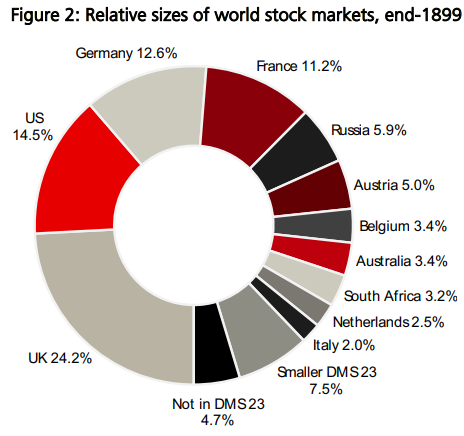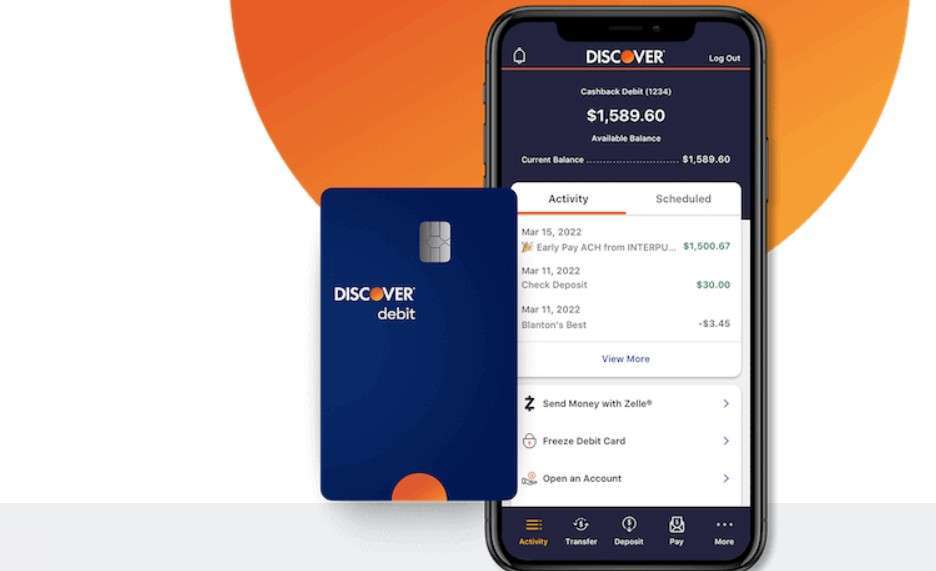The worldwide market is the commanding draw of eCommerce. For American online businesses looking to go international, it’s natural to look to neighboring nations first, especially nations that seem similar to the U.S. - Namely, Canada.
E-commerce recently accounted for 6.1% of all Canadian retail sales, according to the U.S. International Trade Administration, with online retail sales totaling approximately 3.14 billion USD, beating earlier projections. Revenues are forecast to reach 104 billion USD by 2029, spearheaded by goods in the categories of fashion, hobby and leisure and electronics.
Acquiring customers in Canada can be easy, but how do the sales tax rules compare with those of the U.S.?
Similar ‘sales’ tax
Canada’s sales tax structure resembles that of the U.S. is that rates differ by geographic boundaries: in Canada’s case, provinces rather than states, and it helps that there are fewer Canadian provinces than there are U.S. states.
Canada’s nationwide Goods and Services Tax (GST) is a value-added tax levied at each stage of the production and distribution chain, collected by businesses and remitted to the Canada Revenue Agency. Some provinces have their own Provincial Sales Tax (PST).
Some provinces combine the GST and PST, ostensibly to streamline and ease the burden of sales tax compliance, into a Harmonized Sales Tax (HST). Most sales taxes are levied via the “source of supply” (“destination-based” in the U.S.).
The Canadian provinces of Alberta, Northwest Territories, Nunavut and Yukon only apply the GST. Provinces that levy a PST in addition to the GST are British Columbia, Manitoba, Quebec and Saskatchewan. The HST applies in New Brunswick, Newfoundland and Labrador, Nova Scotia, Ontario and Prince Edward Island.
Rates include:
- 5% (GST) in Alberta, British Columbia, Manitoba, Northwest Territories, Nunavut, Quebec, Saskatchewan and Yukon
- Among HST provinces, 13% in Ontario, 14% in Nova Scotia and 15% in New Brunswick, Newfoundland and Labrador and Prince Edward Island
How to register and file
Generally, your company is deemed to “carry on” business in Canada if it sells products to customers in Canada and uses Canadian-based resources to do so, including local advertising and/or warehouses.
For foreign “digital economy” business companies, registering to collect and remit Canadian sales tax starts with a Revenue Agency questionnaire.
If you need to register for the GST/HST, you need to register for either a simplified GST/HST account or a normal GST/HST account. Simplified GST/HST is for cross-border digital products and services and platform-based short-term accommodation.
Your duty to register generally depends on if your threshold amount of applicable revenues exceeds 30,000CAD over any 12-month period. This applies to non-resident vendors who sell taxable goods that:
- are not registered for GST/HST under the normal GST/HST regime and who are not carrying on business in Canada; and
- sell taxable goods that are delivered or made available to the purchaser in Canada, including goods that are located in Canada, such as in a fulfillment warehouse, or shipped from a place in Canada to a purchaser in Canada.
Less than that and most businesses qualify as a “small supplier” and don’t have to register, though those businesses may have to file a Canadian income tax return.
If your company meets the above requirements. you will need to register for a Business Number (BN) with the Revenue Agency.
Once you open a BN and a GST/HST account, you must file your tax returns by the assigned due date. The date and frequency of filing depends on your expected Canadian taxable sales: for $1.5M or less, annual with the return due three months after the end of fiscal year-end; for $1.5 to $6M, quarterly with the return due by the end of the next month; and for $6M-plus, monthly with the return due by the end of the next month.
If you registered but collected no sales taxes, you must file a nil return. The Revenue Agency may also require a security deposit.
Your ability to make sales north of the border may be easy, but the clearly the sales tax obligations, though similar to those of the U.S., are still complex.
Sales tax non-compliance across borders can add significant risk to your business. Contact us to learn about the latest developments in international sales tax nexus and what it means to your company.
Disclaimer: This story is auto-aggregated by a computer program and has not been created or edited by finopulse.
Publisher: Source link







